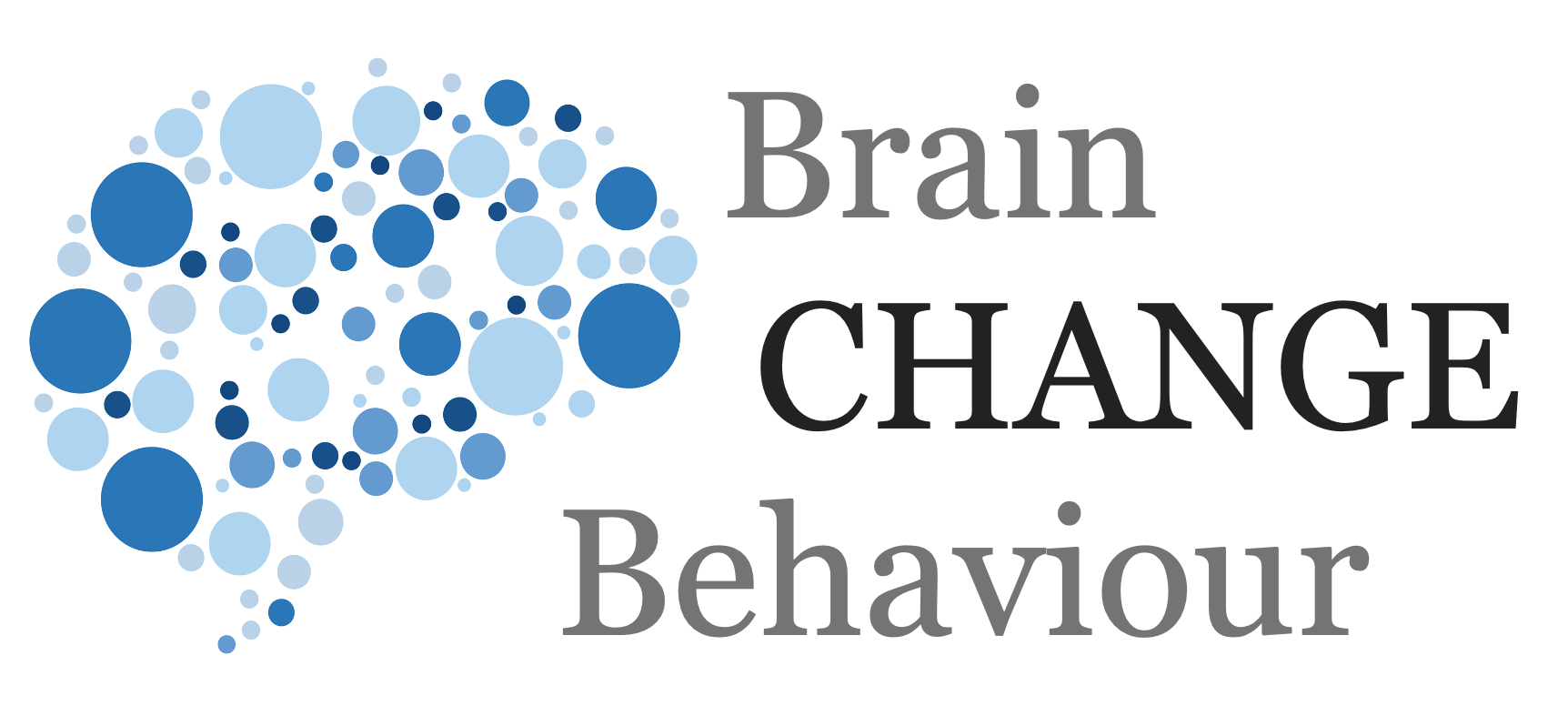
You had to be there is an expression that says you had to be in a particular situation, in that particular vibe, to fully understand a situation. It could have been something that was particularly funny, but on retelling seems to fall flat, or a special emotional occasion which somehow fails to evoke the same emotional depth on relating this to others.
This tells us something that we all intuitively know – that situations are different. Indeed, in social psychology many believe this is one of the most underrated aspects of behaviour: situational or environmental influences. Consider how people behave in churches all over the world. When people walk into a church, they become quiet, and speak in whispers and walk gently around. Churches evoke this behaviour in introverts and extroverts alike. The context is more important than personality.
The contributing factors to situations and contexts are wide and diverse. But it also means that what happens in one situation may not happen in another. So, when it comes to change and behaviour, we have to be conscious of how much is driven by the situation – or indeed if it is situation dependent.
Within this is a supply side problem of people and skills – a change programme may have worked in one situation because of particularly talented individuals or leaders driving this – but you cannot copy and scale these because these are particular skills that limited individuals have.
This means we may be able to change behaviour in one situation and initiate the positive change we want to see but in another it may completely fail.
Simple Takeaways
-
- Understand situations and contexts
- Anaylse situations and contexts
- Collect data on contextual aspects
(including various personality or demographic data as already recommended) - Multiple pilots or trials (as already recommended) in different contexts
© leading brains 2022
References
More Articles
Deadlines Increase Procrastination
What! I’d get nothing done without deadlines!
Ditto, though I can be very productive, I have a natural tendency to procrastinate. In fact it is one of my natural talents!
To Change, Start Right Away
Sorry, stupid question right off the cuff. Change what?
Well, in this recent study they were looking at changing health behaviours.
Nudges Work In Changing People’s Behaviour
So what do you mean by “nudges”?
Richard Thaler is considered is one of the founding fathers of nudge theory in the behavioural sciences proposing nudges as the best method to modify people’s behaviour. Made popular by his book Nudge in 2008.
Followers Make Group Decisions a Lot Worse, or a Lot Better
First off, why is group decision-making important?
Well, a lot (just about all, if you think about it) of the biggest decisions in society and in business are made by groups: executive committees, governments, even the population in referendums.
The Right Rewards Boost Creativity in Business
So who doesn’t want to have creative ideas in their business.
The problem is getting employees to be creative while doing their day job as well. We also know that just asking or demanding creativity can diminish creativity and innovation!
Changing Your Personality — Even If You Don’t Want To!
Are you telling me that our personality can change even if we have no motivation to do so?
In a nutshell, yes. But it depends on which personality trait!
Exercise is Infectious
This is an older study (2017) I came across and found fascinating. As many of you regular readers will know I have reported many times on the benefits of exercise.
Why our Brains Miss Opportunities for Innovation
When we think of innovation we think of creating something new. A new study shows that, however, we, by default, try to add something whereby subtracting something could make something better.
Brain Region for Changing Behaviour Identified
The saying goes “Insanity is doing the same thing over and over again and expecting different results.” This obviously refers to doing the same thing over and over and continually getting a bad result
From Couch to Ultra Marathon with Mental Imagery
On first glance I thought the above headline was fascinating. I am a sports person, look into the neuroscience of motivation, and have been in the “motivational” space for nigh on two decades.










